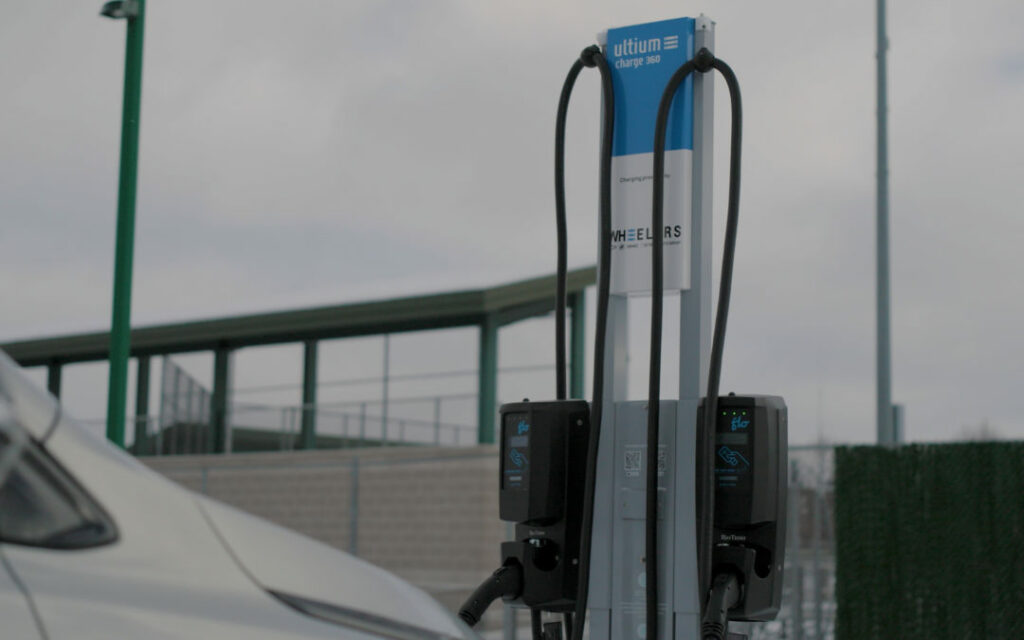
Less Than 20% of Canada’s Federal EV Chargers Operational
A new report reveals that fewer than 1 in 5 federally funded electric vehicle (EV) charging stations in Canada are currently operational, raising concerns over the effectiveness of governmental initiatives to promote greener transportation options.
The information comes from data supplied by the Department of Natural Resources, as Energy Minister Jonathan Wilkinson makes another funding announcement in Quebec City on Thursday.
Over the last seven years, the federal government’s two primary EV infrastructure programs have funded more than 43,000 chargers, but data shows that only a fraction are up and running. Of the 23,000 operational charging stations in the country, only about one-third were funded by these federal programs. Moreover, nearly 35,000 funded chargers are not yet installed or functioning.
Yesterday, Minister Wilkinson announced an additional investment of $25 million aimed at adding another 1,500 chargers in Quebec alone, through the current electric car charging program. This comes after both federal programs have already invested a total of $768 million between 2016 and 2027 for nearly 90,000 chargers nationwide.
The minister concluded an EV tour from Montreal to Trois-Rivières to Quebec City with the announcement of 1,578 new EV chargers across the province, including over 120 in Quebec City and nearly 400 in Montreal. The funding was provided through Natural Resources Canada’s Zero Emission Vehicle Infrastructure Program.
A report by research firm Dunsky Energy and Climate suggests that Canada will need approximately 52,000 operational chargers by the end of 2025, and around 200,000 by 2030, to meet national sales targets for electric vehicles.
Apart from supporting charger deployment, the federal government is also facilitating the transition to clean transportation through various incentives. To date, more than 250,000 incentives have been provided to Canadians and Canadian businesses for the purchase of zero-emission vehicles, including over 135,000 in Quebec.
Moreover, the Government of Canada has made a historic investment of over $780 million in May to support the purchase of 1,229 electric buses in Quebec and to enhance the provincial network of electric public transit.
Despite these substantial investments, the slow progress in making federally funded charging stations operational could be a significant roadblock in achieving Canada’s ambitious green transportation goals. With less than 1 in 5 federally funded charging stations functional, questions arise about the efficiency and execution of these well-intended but underperforming programs.
Back in May, the Canadian government announced with Tesla an expansion of the latter’s Supercharger network and to open it up to non-EVs along certain highways.


